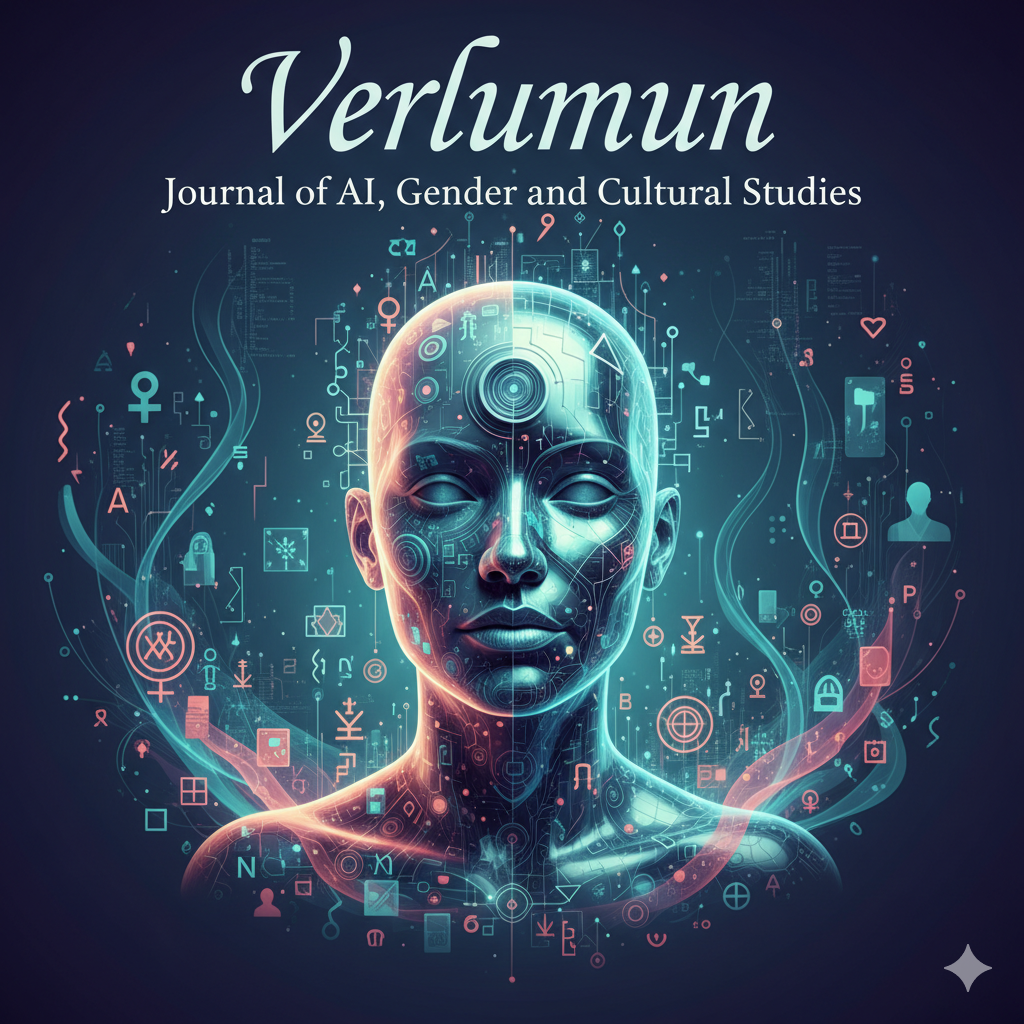The Moderating Role of Gender and Culture in the Relationship Between Parenting Styles and Children’s Self-Esteem in Lafia, Nigeria
Keywords:
Parenting, authoritative, democratic, laissez-faire, self-esteem, gender, culture, Lafia, NigeriAbstract
Background: Parenting practices profoundly influence children’s self-esteem globally. In Nigeria, the prevalence of authoritarian styles is often associated with diminished self-esteem. This study addresses a gap in local literature by investigating the influence of specific parenting styles—authoritative, democratic, and laissez-faire—on children’s self-esteem within the distinctive cultural context of Lafia, Nigeria.
Purpose: This research examined the relationship between authoritative, democratic, and laissez-faire parenting styles and children’s self-esteem, specifically analysing the moderating role of gender and culture among residents in Lafia Metropolis, Nasarawa State, Nigeria.
Methodology: A quantitative correlational design was employed. Data were collected via a self-report Likert-scale questionnaire from a purposive sample of 192 children and adolescents (aged 10–18 years) residing in Lafia Metropolis. Ethical compliance included securing parental informed permission and child assent. Quantitative data were analysed using descriptive statistics, Pearson r correlation, and Hierarchical Multiple Regression to test for the moderating effects.
Results: All three styles significantly influence children's self-esteem. Democratic parenting showed the strongest positive correlation (r = 0.515; p < 0.05) by promoting independence and autonomy. Gender and cultural context were confirmed to significantly moderate these relationships, particularly showing that the positive effect of authoritative parenting was stronger for male children. Strong communal cultural norms buffered the negative effect of laissez-faire parenting.
Conclusion: Parenting styles significantly influence children’s self-esteem in Lafia Metropolis, but their effectiveness is critically contextualised by the child's gender and the family's cultural adherence. These findings underscore the necessity of considering gender and culture when examining parenting outcomes in non-Western settings.
Downloads
Published
Issue
Section
License
Copyright (c) 2025 Kwagtser Aondofa Peter (Author)

This work is licensed under a Creative Commons Attribution-NonCommercial 4.0 International License.

